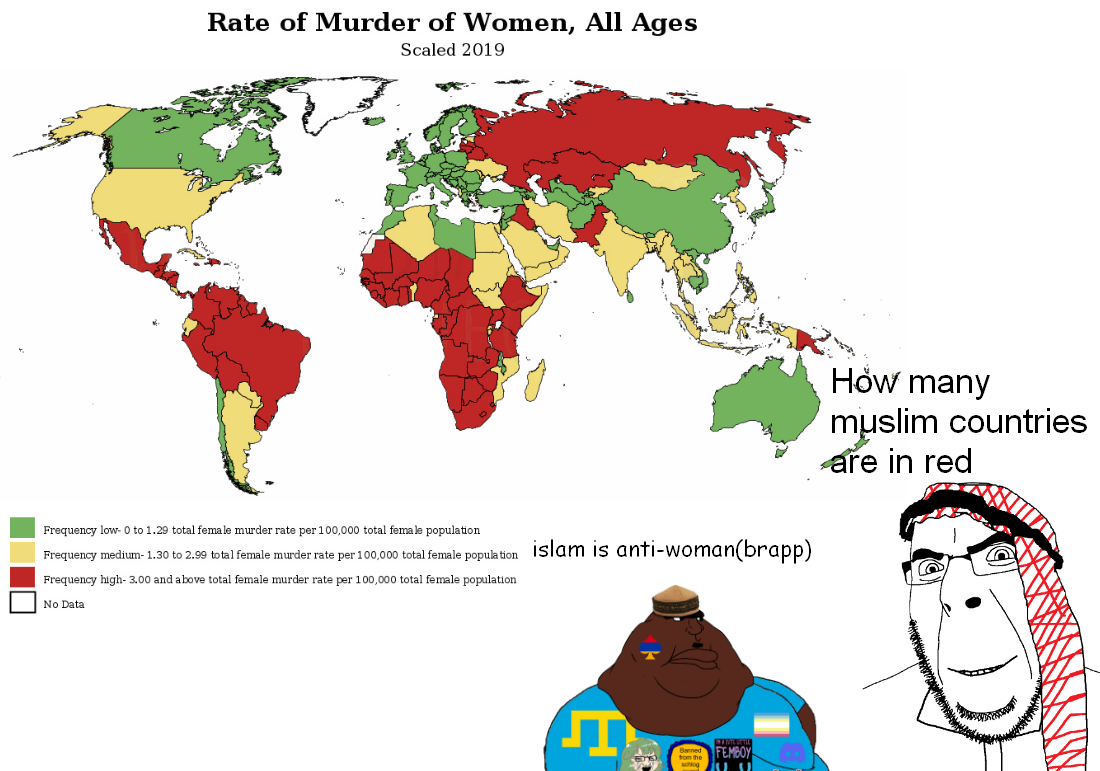IP 3.143.223.72 has been banned until the end of time because of VPN Detected
If you couldn't possibly be guilty of what you're banned for, the person we banned probably had a dynamic IP address and so do you.
See http://whatismyipaddress.com/dynamic-static for more information.
Image

Commenting
Comment Formatting Options
Want to report a comment? Report the post itself with relevant details.
Advertisement
 SoyBooru
SoyBooru
- Reply
Other religions in Mali:
Christianity: About 2-5% of the population, with most identifying as Catholic or Protestant
Indigenous religions: Practiced by groups throughout the country, especially in rural areas
Kemetism: A revival of an Egyptian religion
No religious affiliation: Some people in Mali do not identify with any religion
Religious freedom in Mali
Mali's constitution defines the country as a secular state and guarantees freedom of religion. Muslim and non-Muslim religious leaders have often condemned extremist interpretations of Islam.
Syncretic beliefs
Many Muslims and Christians in Mali also practice aspects of indigenous beliefs. This is known as syncretic belief.
- Reply
Fail!